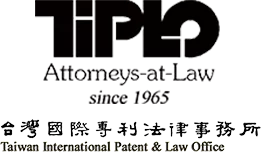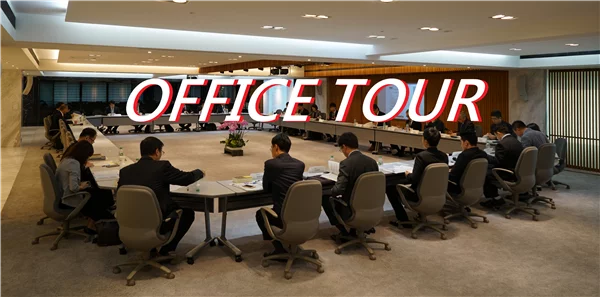Following US example; legislation of Economic Espionage Act to take place to restrict exportation of security-endangering hi-tech
E020323Y4 Apr. 2002(E32)
Deputy Director-General of Intellectual Property Office of Ministry of Economic Affairs yesterday (Mar. 23) pointed out that as our R&D ability increases, we are gradually shifting from an import country into an export country in terms of technology and, therefore, our government is considering following the example of the US in the legislation of Economic Espionage Act and regulations on the exportation of hi-tech.
The issue whether Taiwanese companies can set 8-inch chip fabs in mainland China triggered two completely opposite opinions in our country. There are domestic voices pleading for regulations on the export of high tech to the mainland China by semi-conductor industry. In light of certain unique technologies owned by Taiwanese manufacturers, it is important to think about how to prevent domestic and foreign companies' commercial prying and how to prohibit employees from tipping off sales and technical secrets.
Trade secrets are important assets to the business running. In addition to laws relating to intellectual property rights, businesses can also shield their business assets by the Trade Secret Law. The Trade Secret Law, promulgated and implemented on January 17, 1996, have 16 provisions in total. Though only civil punishments are provided in the said Law, activities infringing trade secrets can still be punished in accordance with the offenses of breach of trust or failure to preserve commercial or industrial secrets, as provided by the Criminal Code - if the criminal requisites are met.
Source: Economic Daily News 03/23/2002














